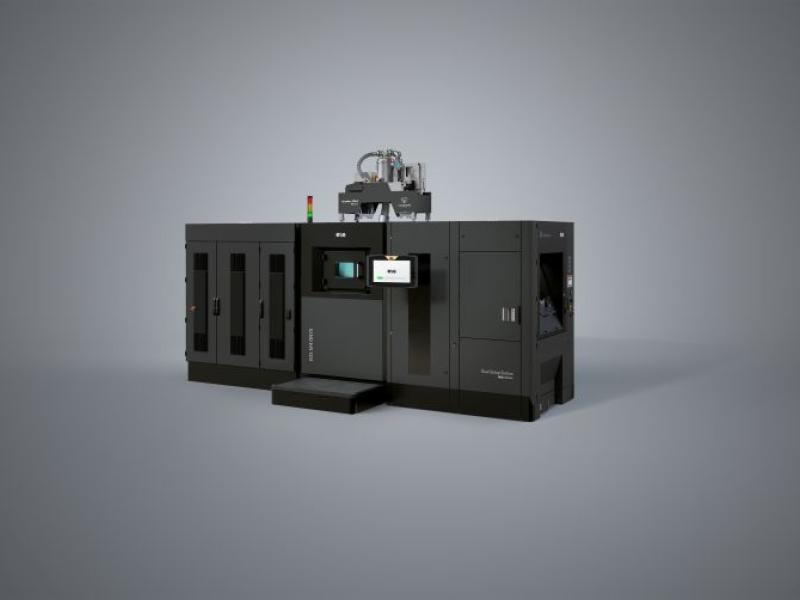The recession is taking a bite out of New Zealand manufacturers’ sales revenue, according to new data from inventory management software brand Unleashed.
Unleashed’s first Manufacturing Health Index since New Zealand officially entered a recession found sales revenue dropped by 7% in the first quarter of this year, but is still up 18% year-on-year, aided by superb growth in the Energy, Medical Supplies, and Personal Care subsectors.
The report looks behind the curtains of SME manufacturers in New Zealand, Australia, and the UK, across 12 subsectors.
Unleashed head of product Jarrod Adam says high interest rates will continue to put downward pressure on firms, but the data shows the sector is able to respond positively to these headwinds.
“The beginning of the year has been a speed bump for Kiwi manufacturers, but we need to keep in mind that overall revenue is actually up on the same period as last year. These companies are nothing if not dynamic, and in this current environment it is crucial to react to the cards you are dealt,” said Adam.
“One really positive sign in the data is the much lower lead times, which will help these businesses be as productive as possible when conditions change for the better.”
The report notes that firms have drastically improved their lead days to just 14 to begin the year, from 30 days in the final quarter of 2023, and 37 in the same quarter of last year. Lead time improvements are both a sign of normalising supply chains globally and the knock-on effect of New Zealand business’ laser focus on logistics over the past three years.
Tough times continue for Food and Beverage
At the pointy end of the disposable income problem, local Kiwi Food and Beverage producers have been confronted with difficult times with little reprieve on the horizon as interest rates and inflation stay stubbornly high.
For beverages, sales dipped 12% since the previous quarter, but year-on-year still saw a marginal 1% revenue increase.
As is the case in Australia, the Food manufacturing sector has been hit worse than their contemporaries in beverages. Last quarter saw sales revenue plummet 23%, with a year-on-year constriction of 10%.
Clean Collective Beverage company CEO David McGrath says economic factors have been hitting industry players both big and small.
"What is clear of the beverage industry is that volumes are down across the board. Over the past couple of years inflation has masked a lot of it, but talk to sellers or manufacturers and they'll tell you this is an industry-wide issue,” McGrath said
“For Clean Collective, we’re in the lucky position of continuing to grow, but like other manufacturers we are seeing a tough 12 months ahead. For consumers to open up their wallets again, the key factor is going to be interest rates coming down to encourage spending.”
Energy, chemicals a bright spot for Kiwi manufacturers, construction still lagging
A success story for the broader manufacturing industry has been the continued growth of Kiwi chemical and energy manufacturers, who have enjoyed a bumper year off the back of continued investment in renewables. Overall sales revenue within the sector has grown 39% year-on-year, including a 14% spike during the first quarter of this year.
Taking one of the biggest revenue hits was the Building and Construction industry, which saw sales drop 26%, as inflationary pressures and a slowdown in projects combined to put serious strain on the industry.
However, the industry has taken time over the slower period to reinvest in logistics and other productivity gains. Lead times reduced to just 16 days on average, after a 38 day blow out during the tail end of last year, as the wider construction industry was hampered by a shipping crisis in the Red Sea.
“The Building and Construction industry has been hit hard by current economic conditions, but they have responded in kind. Quiet times are a period to reinvest in improved systems and productivity, which will allow the industry to build back better than before,” said Unleashed’s Jarrod Adam.
Sales were down 24% in the Clothing industry, far below the country average of 7%, following the trend of retail-oriented industries being susceptible to drop offs in discretionary spending.
eCommerce a key
Although the majority of the manufacturers in the report are B2B firms using traditional sales channels, New Zealand manufacturers are increasingly diversifying their sales models. 48% of Kiwi and Australian firms are using or have used eCommerce tools, up from just 4% in 2021.
For more information and the full research, visit:






